Is America Finally Ready To Become A Scientific Nation?
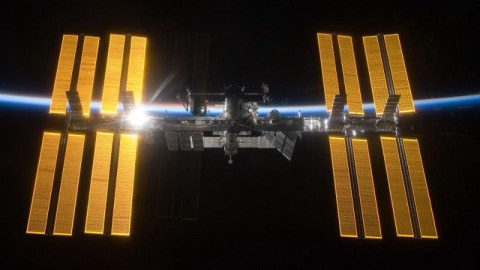
We’ve argued over ideology for far too long. It’s time to pick a better route to prosperity.
In every civilized society around the world, there’s a trade-off that must be made. The protection of individual freedoms, on one hand, enable the people living there to pursue their own goals, dreams, and ideals, whatever they may be. But those pursuits must not infringe on the rights — including the health, safety, and general welfare — of others. When it comes to issues like the health, safety, and long-term prosperity of our society, there is no greater tool or resource we have to assess accurately them than science.
Although 2020 may have highlighted our reluctance to heed the best findings of the scientific community when it comes to the current global pandemic, the fact is that Americans have been resistant to heeding the scientific consensus on matters of public policy for many decades, preferring stances that agree with their ideological preferences instead. This disregard for scientific facts extends even to the vilification of the scientists that find them, resulting in policies that recklessly endanger not only the health and safety of Americans today, but provide new generations with long-term challenges that they’ll need to either reckon with or face the consequences.
Here’s what we can do to put America back on the right track.
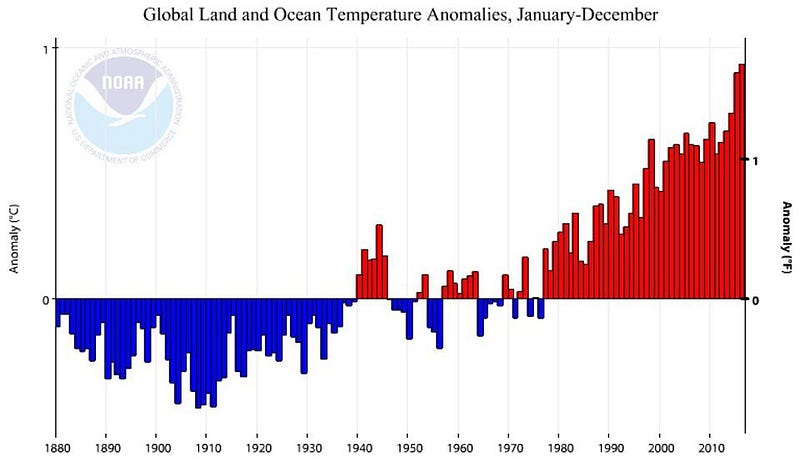
1.) Put an end to the “false equivalence” game. It is a fundamentally misinformative act to present multiple sides of a controversial issue equally when the scientific consensus overwhelmingly favors one perspective. Appeals to common sense, our gut instincts, a single piece of evidence, our internal moral compasses, or the opinions of influential members of society might be persuasive tactics, but are meaningless when it comes to a scientific matter. If something can be decided by evidence — and the full suite of collected evidence is decisive in nature — then and only then will we achieve a scientific consensus.
We have this dangerous myth in our society that science is often wrong, and that listening to mainstream science is restrictive and locks us into what will someday be an archaic way of thinking. That is completely false, and sorely misrepresents how science actually works. Only in the presence of decisive evidence can consensus be achieved. Consensus is not “the end goal” of science, but rather a starting point for future advances. Consensus is what the overwhelming majority of professionals have concluded has been strongly established by the existing evidence so far.
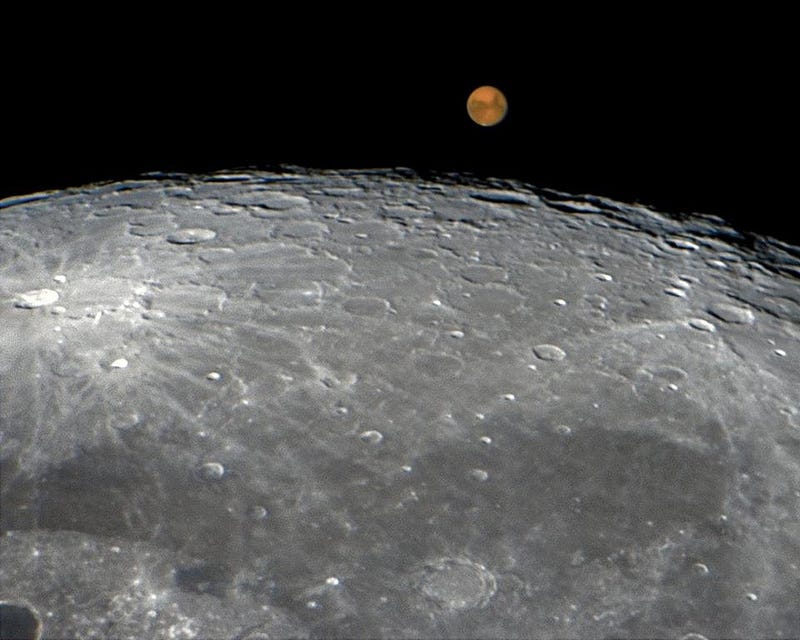
We know the relative angular sizes of the Moon and Mars; we know that Mars will never appear even 2% as large as the full Moon in the sky. We know that our planet isn’t flat; in fact we know what the shape, curvature, and circumference of the Earth is. We know that the CDC-approved course of vaccinations is safe and effective, and demonstrates no relationship with autism in vaccinated individuals. We know that fluoride is a safe and effective public health intervention; that seat belts save lives; that long-term, regular tobacco use causes cancer and other health problems; that human-caused CO2 emissions are the primary driver of global warming and global climate change.
Unfortunately, news reports often present two sides to a story — granting equal airtime and equal legitimacy to both sides — even when one side (and definitively not the other) is fully supported by the scientific consensus. Our modern civilization is built atop the accumulated knowledge of all of humanity, with every single technological advance of the past 10,000+ years arising from applications of the scientific consensus in one sense or another. To publicly advocate for its rejection and devaluation is nothing short of an act of violence against human society.
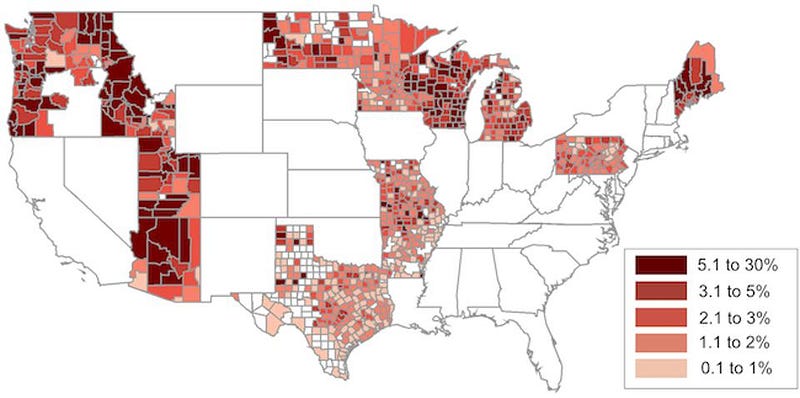
2.) Make “reckless endangerment” illegal. If you drive while intoxicated and kill a pedestrian or crash your vehicle into a piece of property, you’re liable for the damage your reckless actions cause. If you poison someone’s drink, you’re liable for the consequences that befall them. And if you took a needle infected with the blood of someone who’s HIV+ and injected it into a stranger’s body, you’d be prosecuted for assault, among other charges. These criminal acts endanger the lives of others, and — as a results — we have laws and regulations that make these behaviors illegal, with significant punitive consequences for those who dare do such a thing.
But plenty of reckless actions that put the health and safety of others at risk have inconsistent regulations (including none at all) across the nation. Drinking water in various locations across the country fails to meet federal standards. People recklessly endanger others by opting out of vaccines against preventable diseases for no justifiable medical reason. And, in the midst of a global pandemic, people willfully choose to defy public health recommendations, leading to the unnecessary illness of millions and deaths of hundreds of thousands in the United States alone.
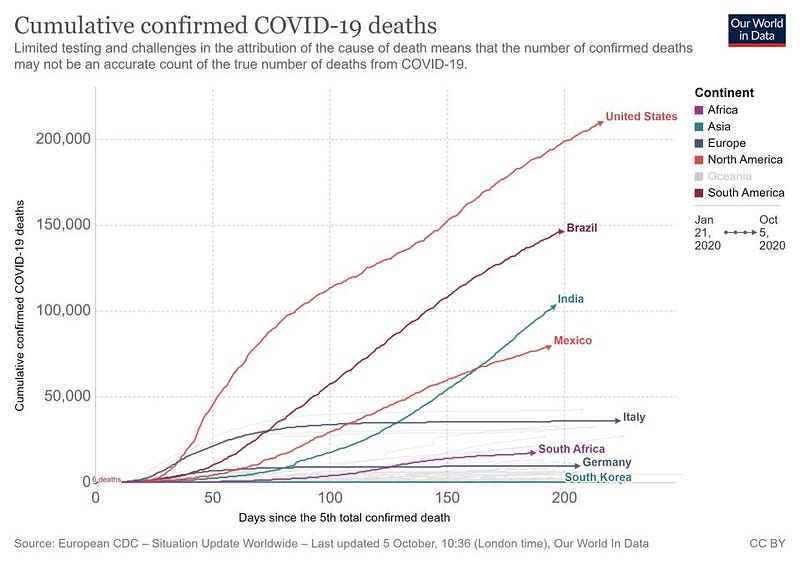
It should not be legal to knowingly endanger the health and safety of others, particularly when the science is overwhelmingly decisive. Just because the harm isn’t visible or immediate doesn’t make it any less of an act of recklessness. We have the means, the knowledge, the resources, and the capability of:
- making every municipal water supply in the country safe to drink,
- practically eradicating preventable diseases that have resurged (such as measles) in recent years,
- supplying 100% of our energy needs with green (nuclear or renewable) sources by 2050 or sooner,
- and drastically curtailing the spread of the novel coronavirus in the American population,
just by bringing our national policies in line with what science has already uncovered. If we let science, rather than ideology, be our guide, we will have a safer, healthier, and more sustainable society for generations to come. We can choose to go down this road at any time.

3.) Value society’s right to benefit from humanity’s accumulated knowledge. One of the beautiful things about science is that it’s for everyone, equally. Regardless of the circumstances of your birth, your race, your religion, your economic status, your educational background, your gender, your sexuality, or any other trait, science is just as much for you as it is for anyone. Even if you don’t understand it, you still have the right to reap the benefits that it can give to society.
We fundamentally understand this in some regard. We recognize that people need access to modern amenities like electricity, drinking water, and sanitation; these are public utilities because they are public necessities. By the same token, we could live in a society where the benefits of modern science and technology were equally accessible to all. Where research performed with public money was freely accessible by the public; where the results obtained — even null results — were made universally available; where science is performed openly and its conclusions are applied to the benefit of all.
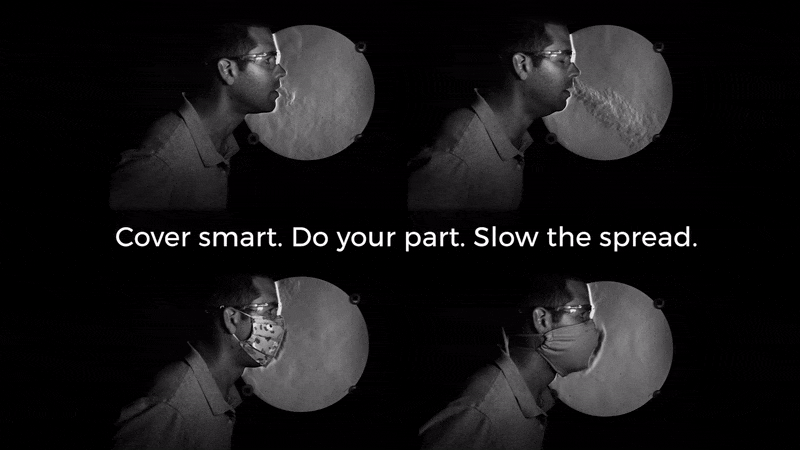
A scientifically literate society is not necessarily one where everyone knows the answer to certain questions. It doesn’t matter whether 25% of people incorrectly think that the Sun revolves around the Earth; it doesn’t matter whether people mistakenly doubt whether humans have walked on the Moon; it doesn’t even matter whether someone is afraid that vaccinating their child will result in their child getting sick. What matters is whether we’re aware of what the enterprise of science is, and whether we appreciate the value that science brings to our society.
We can imagine a society where legitimate expertise was valued, and where all claims were subject to the scrutiny of the scientific consensus. We can envision a society where charlatans and snake-oil salespersons were exposed as frauds rather than lauded as celebrity gurus. And we can create an environment where it’s safe to go about our daily lives without a legitimate fear that those we come into contact with will infect us with a routinely preventable disease. We can trade an illusory and fallacious idea of what “freedom” is for actual freedom: the freedom to go about our lives knowing that doing so won’t put our lives at unnecessary risk.
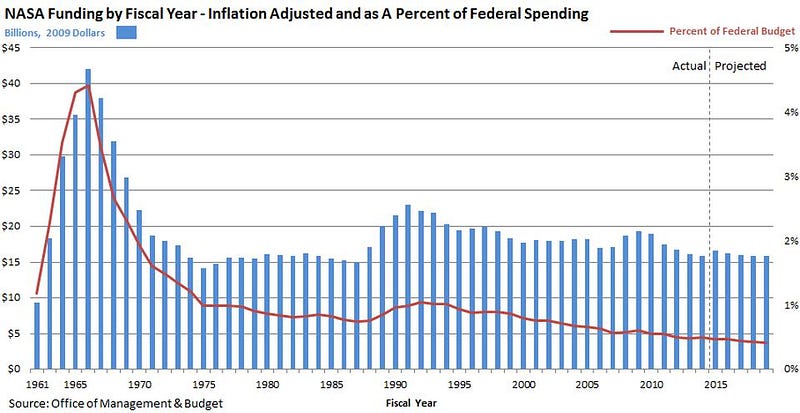
4.) Fund science — including basic, fundamental research — as a national priority. You might get to this point and ask, “is all of this just a ploy to get additional funding for scientists?” Quite to the contrary: it is a call for us, as a civilized society, to collectively invest in the one thing (science) that will benefit us all to a far greater degree than any other investment. That means we need to fund:
- the basic, fundamental research that enables the discovery of new scientific phenomena and our understanding of them,
- the developmental research that translates into successful, useful applications of those phenomena,
- the technological incubation that transforms those applications into potentially novel, scalable technologies,
- and to leverage those technologies into successful, nationwide programs to solve the problems facing our society today.
All of these stages are important, and represent how science benefits society, but only if the society we’re a part of supports and values the science that continues to drive us forward.
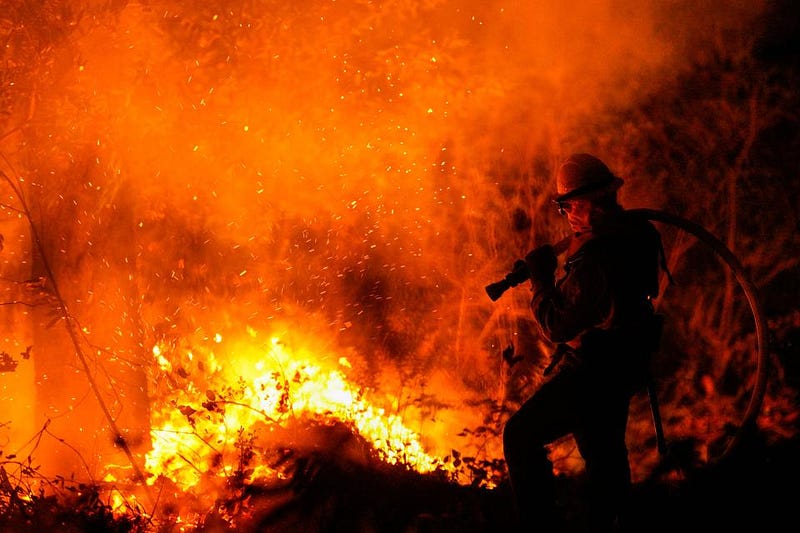
We know what needs to be done, for example, to manage our forested lands. Yet the entire budget of the National Forest Service, which is tasked with managing nearly 200 million acres of forested land, is a mere $5.5 billion dollars: less than $30 per acre. We know what it would take to land humans on Mars, but NASA’s entire budget — when it’s tasked with doing a whole lot more than putting humans in space — is less than 0.4% of the federal budget: a 60-year low, down from a high of more than 5% during the Apollo era.
We could phase out fossil fuels completely over the coming decades, replacing them with a mix of nuclear and renewable energy. We could restore the dream of clean air to every American, and clean water to everyone on a municipal water supply. We could restore the benefits of a clear, dark, pristine night sky. And we could reap the benefits of untold advances that we cannot anticipate. But only if we invest, together, in becoming a scientific society at long last.

The annals of history are littered with disasters to the health and safety of its people where science was ignored in favor of an ideologically driven path instead. Rejection or disregard of science has led to famines, flooding, and environmental disasters, with the death tolls from various events rising into the millions. As the death toll from COVID-19 crosses the 1,000,000 mark worldwide, we’re reminded of the warning that the former Governor of China’s Hainan Province issued concerning the Three Gorges Dam:
“We simply cannot sacrifice the environment in exchange for temporary economic gain.”
There are a great many challenges facing us at the present moment: individually, as a nation, and as a planet. Successfully navigating them will require learning all we can and following the best course of action as determined by the full suite of knowledge we can gather: according to the best recommendations of science. Whether we listen to what it tells us or not, we’re all going to have to live with the consequences. If we value both our present and our long-term prosperity — as individuals, as a nation, and as a planet — we’ll choose a path that’s fully aligned with science at long last.
Starts With A Bang is written by Ethan Siegel, Ph.D., author of Beyond The Galaxy, and Treknology: The Science of Star Trek from Tricorders to Warp Drive.





